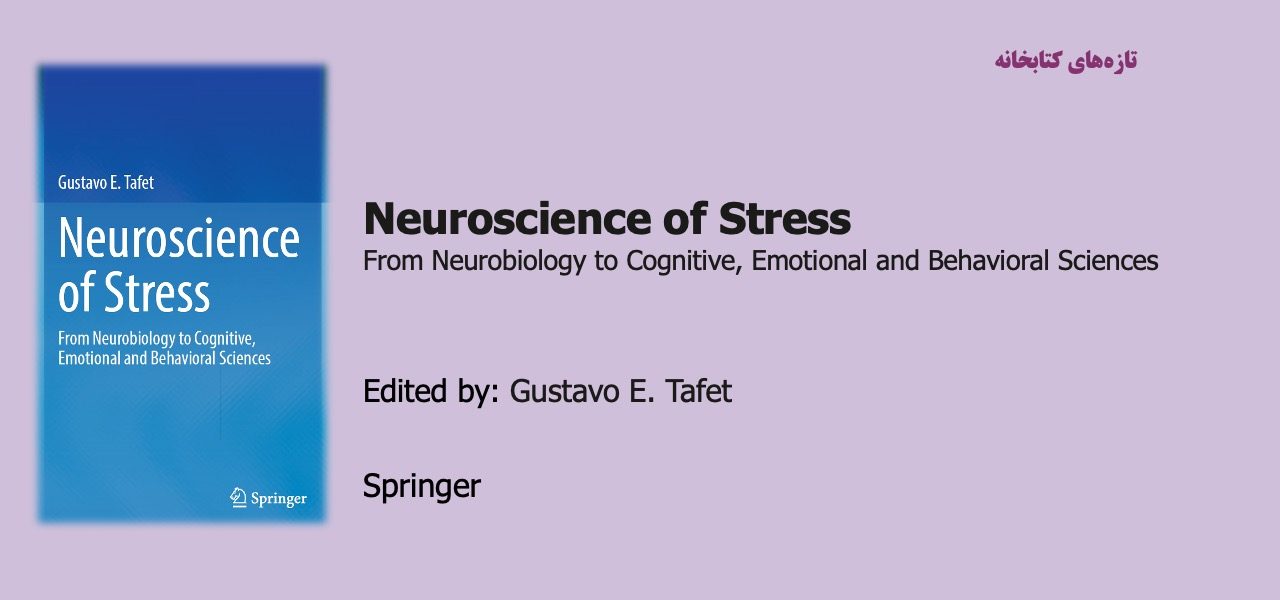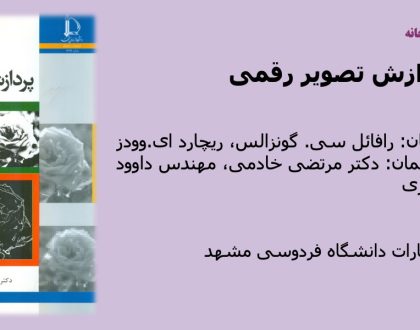Neuroscience of Stress: From Neurobiology to Cognitive, Emotional and Behavioral Sciences

Stress constitutes one of the most studied concepts in health sciences and neurosciences.
It has been associated with the origin and development of different clinical conditions, including depression and diverse anxiety disorders. Therefore, an increasing body of research has investigated the psychological and neurobiological processes involved in the effects of stress, including the consequences of early adverse experiences and the impact of chronic stressful conditions. Stress may be provoked by the impact of different environmental stressors, which in turn may lead to an array of adaptive responses, aimed at protecting or recovering the optimal functioning of the organism, associated with the homeostatic equilibrium. Different neurobiological processes in the central nervous system (CNS), involving diverse neural structures, are involved in the shaping of these responses, which are mainly mediated by the activation of the autonomic nervous system (ANS) and the hypothalamic-pituitary- adrenal (HPA) system. Cognitive and emotional processes also participate in the shaping of behavioural responses, which in turn play a critical role in the development of coping strategies, which may lead to more effective adaptive responses. In response to certain stressful events, limited in time and extent to the exposure of specific stressors, acute responses may be sufficient and necessary for adaptation. If the impact of stressful events continues in a sustained and prolonged manner, chronic activation of stress responses may lead to exhaustion of the ANS and dysregulation of the HPA system. In addition, chronic stress may lead to less effective cognitive strategies, with the consequent feeling that available resources are not enough to successfully cope with the ongoing situation, which in turn has been associated with the origin and development of learned helplessness and subsequent depression. Effective cognitive and emotional processing has been associated with resilience, which represents the ability and capacity to cope with adversity and adapt successfully to stressful situations.
مطالب مرتبط

پردازش سیگنال گسسته در زمان
۱ / شهریور / ۱۴۰۳

پردازش تصویر دیجیتال با زبانMATLAB
۱ / شهریور / ۱۴۰۳

پردازش تصویر رقمی
۱ / شهریور / ۱۴۰۳

